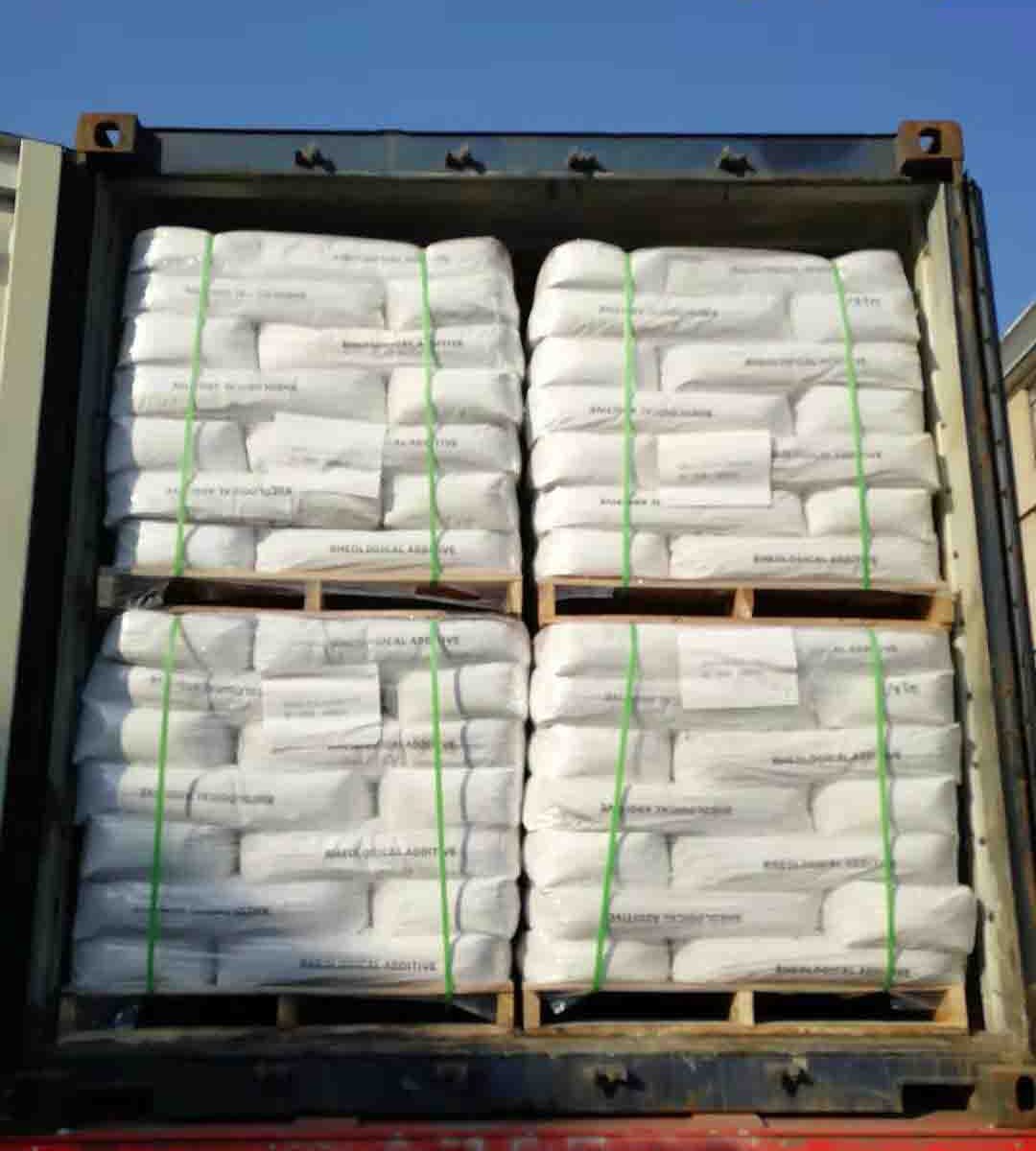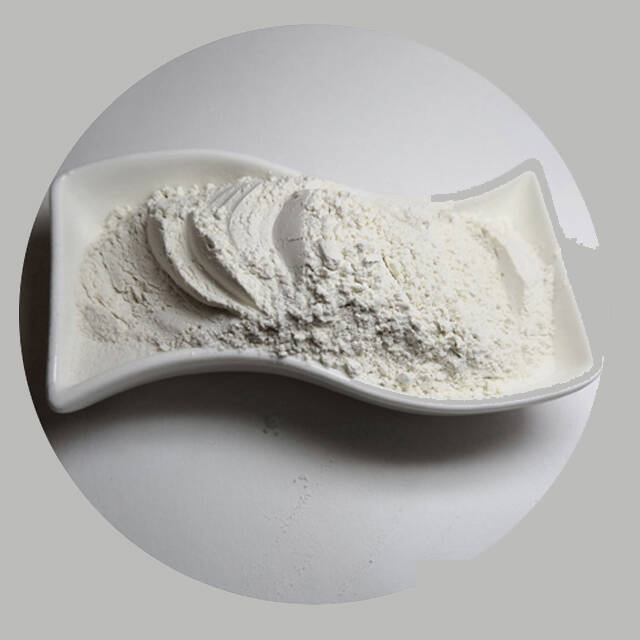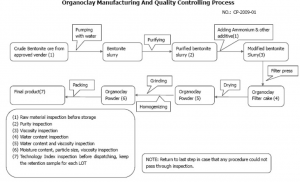Bentonite Slurry
Bentonite Slurry is used in hydraulic fracturing,to suspends weighting materials and other solids, also control the viscosity of bentonite slurry. Camp Shinning provide organophilic clay, Organic bentonite clay ,hectorite organoclay,organic clay,organo bentonite and rheology modifier.
Organoclay is made of organically modified montmorillonite, also referred to as Organophilic clay or hectorite organoclay.
Organophilic clay is made of organically modified montmorillonite, also referred to as Organophilic clay or organophilic montmorillonite. In diesel oil-based fluids, an organophilic clay viscosifier is used to increase carrying capacity and suspension properties, providing support for weight materials and improved cutting removal. Organophilic bentonite also aids in the filter-cake formation and filtration control.

Bentonite Slurry
Organophilic montmorillonite
Properties
Composition Organically modified bentonite clay
Physical appearance Off white to tan free-flowing powder
Yield Point About 17 LBS/100ft2
Moisture content (105℃,2hr) ≤3.5%
Particle size (<76μm or 200mesh) ≥95%
Specific Gravity 1.7
Bulk density About 520kg/m3
Organophilic clay suppliers
Zhejiang Camp Shinning New Material Co.Ltd
Organophilic clay msds | Organophilic clay material safe data sheet
Pls mail to our sales dept, we will mail you soon :
Advantages
Effective viscosifier and gellant
Aids control of fluid loss to the formation
Increases emulsion stability
Improves cuttings carrying and hole cleaning capacity
Suspends weighting materials and other solids
Confers temperature stability to the fluid
Application
Base oil:
Diesel Oils
Crude Oils
Mineral Oils
Synthetic Oil
Viscosifying drilling Fluids:
Oil based drilling fluids
Invert emulsion fluids
Workover fluids
Completion fluids
Casing packs
Packer fluids
Spotting fluids
Package
Organophilic Clay CP-2 Plus is packed in 50lb(22.7kg) or 25kg/bag or customized,multi-wall paper sacks or Kraft paper bag with PE liner or customized.
Storage
Bentonite Slurry organophilic bentonite CP-2/CP-2A Store in a dry, well-ventilated area with temperature of 0℃-30℃. Keep container closed. The quality guarantee period is 24 months.
Notice
The information on use is based on data which are believed reliable, but any recommendation or suggestion made is without guarantee or warranty, since the conditions of use are outside our control.
All products are sold on the conditions that purchasers shall make their own tests to determine the suitability of such products for their purpose and that all risks are assumed by user.
We disclaim any responsibility for damages resulting from careless or improper handling or use. Nothing herein is to be taken as permission, inducement or recommendation to practice any patented invention without a license.
The process of utilizing the suspension performance of bentonite in mud to achieve good viscosity and continuously increasing shear force is called bentonite slurry making.
Bentonite slurry has good expansion, lubrication, and suspension properties when it comes into contact with water, which can improve the plastic viscosity of drilling fluid.
The winning rate and nearly a thousand cases of enhancing the suspension and carrying effect of mud on sand and stones encountered during drilling, along the river, in order to maintain the cleanliness of the bottom of the well and reduce the main force of drilling.
Bentonite slurry can also effectively reduce the amount of taro silk in drilling mud, forming a relatively dense gift, which has a strong consolidating effect on gold coins and can effectively prevent the phenomenon of wellbore expansion during the drilling process.
Bentonite slurry can absorb a considerable amount of water in aqueous solutions with adhesive properties, which can rapidly expand and produce such an effect after being fully dissolved.
Sales Dept : [email protected]
Cell( Whatsapp): +86-13185071071



